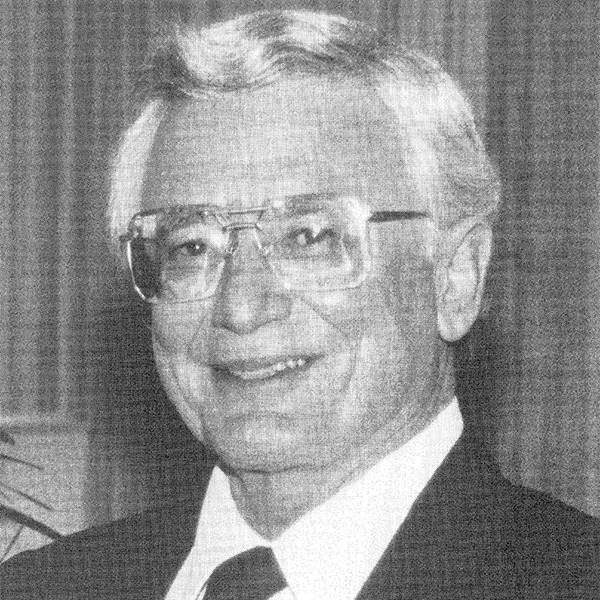“Les was just extraordinary.” 
As we shared the news of his passing with the Chemical Engineering faculty, the phrase was repeated with long pauses and fond memories.
In 1952, Dr. Albert L. Babb, who had received his doctorate at the University of Illinois, was appointed an Assistant Professor in Chemical Engineering. Personable and highly gifted, Dr. Babb was interested in fundamental studies of liquids, the corrosion of metals, and gas-liquid absorption with chemical reaction. But he also was extending his chemical engineering expertise into nuclear engineering.
In 1955, the General Electric Company had employed him as a summer-faculty intern at its Hanford Laboratories. Then, early in 1956, he became chairman of a College faculty committee directed to recommend courses and facilities needed for a graduate program in nuclear engineering. That summer, he and two of his committee members attended the first Nuclear Science and Engineering Institute at the Argonne National Laboratory in order to become familiar with nuclear reactor operations. Finally, in the Autumn of 1956, Chemical Engineering offered several elective courses in nuclear engineering. The response, an immediate and enthusiastic one, led to the development of a graduate program in the field. Dr. Babb’s dedication led to the Nuclear Engineering Department during 1965 – 1992, which functioned as a group during 1956 – 1965 and 1992 – 1998. Dr. Babb was appointed the first Chairman of Nuclear Engineering and Director of the Nuclear Reactor Laboratories. In 1991, Dr. Babb retired to become Professor Emeritus of Chemical and Nuclear Engineering. By then, he had served both departments for almost 39 years and he continued to teach part-time.
Dr. Babb’s most notable accomplishment, his work on kidney dialysis, changed the lives of so many. He and a team of engineers and technicians designed and constructed a device (dubbed the “monster” by patients and nurses) that safely automated dialysis and could serve several patients at one time. In 1964, he created a machine small enough to perform dialysis in a home. With his groundbreaking innovation and unsurpassed dedication, Dr. Babb was nominated for the Nobel Prize in 1978. In 1992, the Northwest Kidney Foundation awarded him “Clyde Shields Distinguished Service Award”, named after the first patient given automated treatment on the “monster”.
Buddy Ratner, Professor of Chemical Engineering and Bioengineering, calls Les Babb’s work, “remarkable contributions to humanity”. “Les, along with Belding Scribner, M.D., transformed the world with their life-prolonging kidney dialysis and it was truly driven by engineering.”
Les Babb passed away peacefully in Kenmore, WA on October 22, 2014.
Excerpts from A History of The Department of Chemical Engineering, 1904 – 1995.